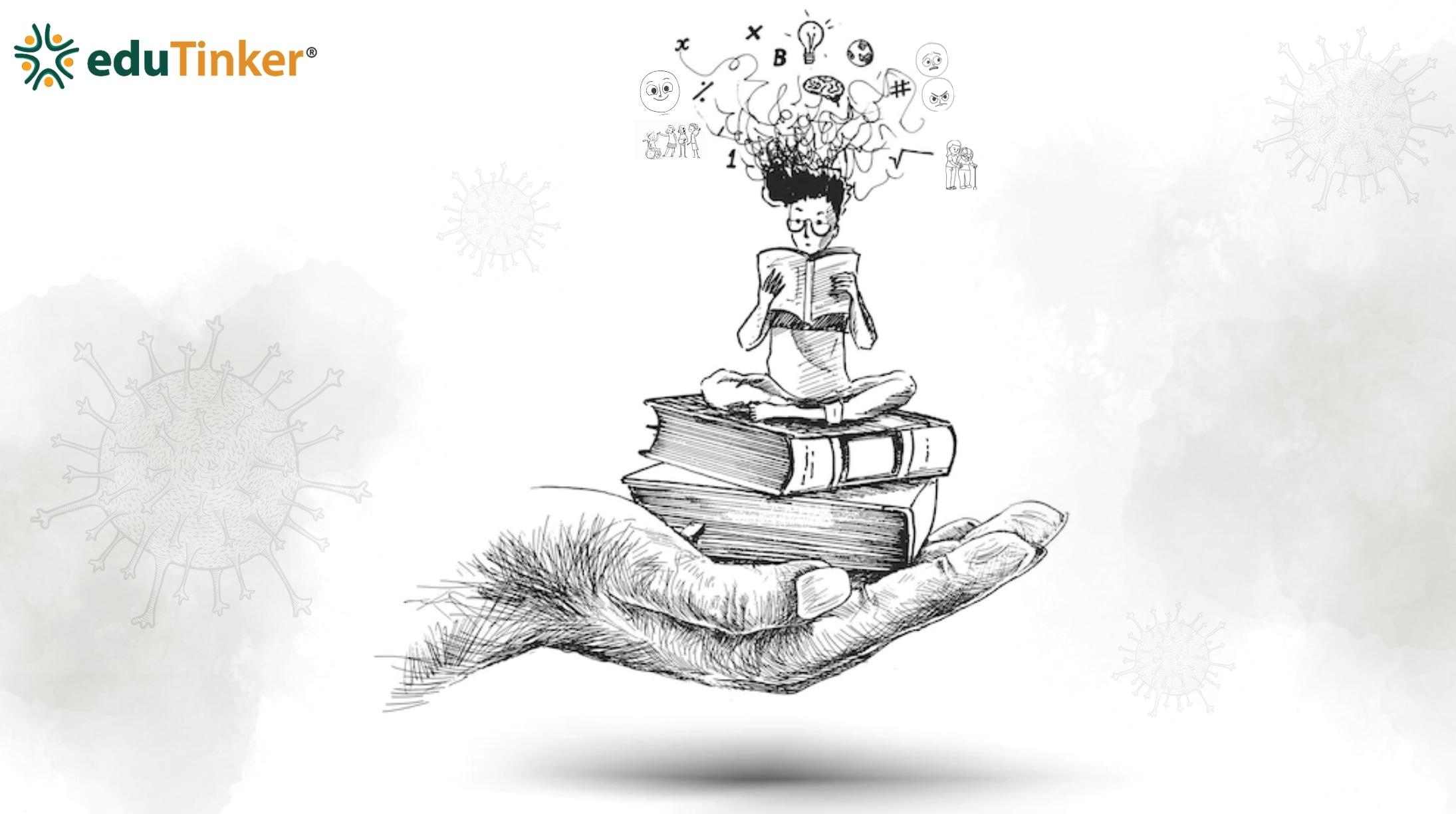The Emotional Journey of Learning: Perspectives from Counselling and Education
At a certain PTCD that I attended, parents sought solutions to for the better well being of their children. My experience within our cultural context shows, parents often want their viewpoint communicated to their child through the counsellor, making it appear rooted in mental health and well-being.
I frequently hear od frustration on the part of parents and teachers alike when they notice their children spending excessive time on their phones and not studying. Even when phones aren’t involved, there's a profound discomfort in observing a child being non-productive. In many interactions with students, I often hear complaints like, “God, I am dying to play. I haven’t played tennis for so long and I just want to be able to play it” or, “I went out with my friends to eat momos at Amar Colony in the evening, but my parents always assume I am going out to do something frivolous when I step out. I do understand, but after school and a whole day of tuitions, I just don’t want to always be a 'good kid'.
Negotiating my role as a counsellor has been challenging. Parents want to be heard, and teachers want to see academic improvement and more interest in class. During one interaction, I asked a parent who scolds her daughter extensively while teaching her at home, whether the child enjoys what she learns. Exploring this in a safe space revealed that the mother often teaches mechanically to ensure her child performs well and minimises complaints. This applies to especially those parents who teach their children.
Learning is an emotional, relational process. Many children develop a love for certain subjects not because they inherently like them, but because of how they are taught—making them feel alive, pleasurable, and taught by a passionate teacher. Fathers, especially those who work long hours and delegate teaching roles to stay-at-home mothers, often find these mothers unable to develop a playful teaching relationship. Thus, delivery becomes mechanical, expecting children to magically love learning. When a child’s learning experience involves constant criticism, what we attribute to lack of motivation or learning desire is actually aversion. Learning becomes associated, often unconsciously, with constant attacks on one's being rather than constructive communication of abilities that can be built upon.
Paying attention to the emotional learning experience is crucial, more than how many chapters are complete or scores. Understanding learning as a relational, emotional process for children is something many adults fail to grasp.
In many classroom observations I have undertaken, trends emerge early. Pre Nursery and Nursery students attached to their teachers tend to follow instructions and perform well not just because the content is fun, but because they are attached to the teacher. The excitement and magic on a five-year-old’s face when a teacher says, “Wow!” cannot be described in words.
Distractions, or what I view as the colourful world of the internet, are vilified. When a child fails to perform, blame often falls on a lack of interest. I have seen many fathers who don’t interact with their children for months and suddenly take interest when the child enters the tenth grade! Children notice these subtleties. Though stereotypical, these examples appear in my practice. Many fathers take up teaching, often in science and math, or working mothers attempt involvement but often outsource additional learning to tutors.
Parents invest in and expect output from their children, but do we ask how the material is taught? For parents teaching their children, are they finding joy and potential for creativity to build on their child’s interest?
In my experience, children love learning and enjoy structured environments, but how the material is presented matters. Many children dislike steamed broccoli and green vegetables, yet when served as soup with butter and pepper, it is desired and even craved for. Sometimes, it’s not the child's deficit, but his or her inability to articulate the learning experience fully.
Our creativity at home, in classrooms, as tutors and teachers, affects how we interact with what must be taught. This piece invites parents and educators to not only to model discipline and ongoing learning as a part of their child’s personal evolution, but to reflect honestly on how the messages are delivered—whether critical or innovative—as teachers and facilitators nurturing lives who draw extensively from our words, and more so from our non-verbal communication.
It also aims to evoke empathy. Just as we prefer workplaces that nurture our creativity and well-being over those that demand relentless productivity, do we, as parents, consider the environments we create for our children? Children are perceptive. I recall one student sharing how her father's frustration with traffic mirrored her own struggles with overwhelming school assignments. These moments underscore the importance of empathetically addressing a child's need for play and personal space. While encouraging academic achievement is crucial, it is equally vital to recognise and support l holistic development. As the adage goes, “All work and no play makes Jack a dull boy”, highlighting the value of balance and nurturing environments that foster both academic success and personal growth.













